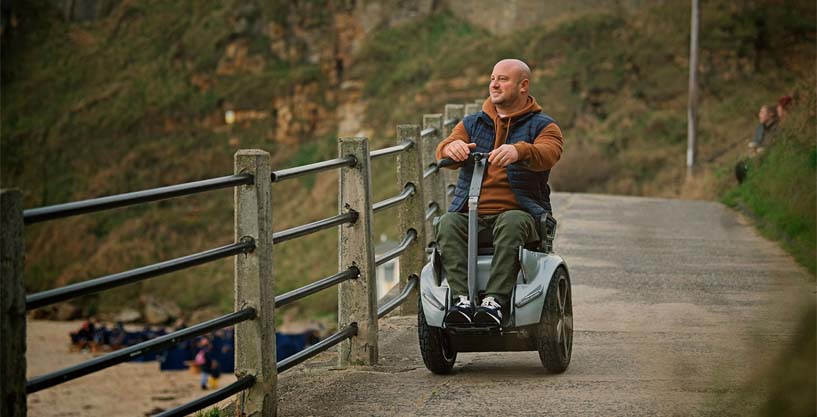Spinal Cord Injury Recovery & Rehabilitation
The difficult months that follow a spinal cord injury come with many formidable challenges, and it may feel like your life is out of your control. However, one crucial area within your control is the attitude, energy and focus you devote to your all-important spinal cord injury rehabilitation and recovery process.

For many with paralysis, the initial weeks and months are a window of opportunity to optimise spinal cord injury recovery and make significant positive inroads into rehabilitation that may pay dividends not just today but well into the future.
Spinal cord injury recovery
In the first few days after your spinal cord injury, hospital staff will focus on intensive emergency care: ensuring your survival, minimising any further damage, and avoiding any serious and life-threatening secondary conditions and issues. This is the early acute stage and many of the procedures, treatments and tests performed, and medications given during the first 72 hours are designed to give your body the best chance of recovering (to the extent it can).
Once you’ve recovered from surgery and swelling at the injury site has been reduced, your medical team will start to assess your body’s functionality. After this phase, you may or may not regain some sensation or movement below the site of injury. As difficult as these first few days may be emotionally and physically, try to work well with all medical professionals to make accurate assessments so they can develop an optimal spinal cord injury rehabilitation plan.
Collaborating with your medical team during these early days after your spinal cord injury will give you the best chance of recovering well. Although every case is unique, working well together could also potentially help you to gain mobility because of your optimal rehabilitation programme.
Spinal cord injury rehabilitation
Once you’re “out of the woods”, the first few days after a spinal cord injury are also the most crucial to begin formal physical rehabilitation. Your initial programme may begin whilst still at the hospital, focusing on preventing serious secondary complications, such as thromboembolism, skin breakdown and respiratory issues. Bowel and bladder care are also key areas that must be addressed immediately.
Depending on whether you have other medical issues related to your spinal cord injury, it’s also possible that you will be discharged from the hospital within days to begin physical rehabilitation.
Physiotherapy is the foundation of rehabilitation and is designed to improve motor function through exercise. These activities help to retrain your brain and altered body to work in sync again so you can be as mobile as possible. Increased mobility is achieved through task-specific, repetitive movements and wheelchair exercises that your physical therapists will take you through.
We’ve focused on your initial spinal cord injury recovery and physical rehabilitation, but it’s also important to work with an occupational therapist. They can help you learn to use assistive devices, such as wheelchairs. Occupational therapy can also help you with all the essential tasks and activities you do every day, such as brushing your teeth, grooming, getting dressed and transferring out of your wheelchair.
Finally, don’t ignore your mental health after a spinal cord injury. A psychotherapist can teach you coping techniques and strategies, particularly if you feel strong and negative emotions, such as anger and frustration, or you are suffering from depression. This type of therapy can help you to process your feelings and get to a better state of mind.
Visit Navigator for more personalised advice on spinal cord injury rehabilitation and recovery. Once registered, you can contact your Navigator via live chat, telephone, and email. You’ll also benefit from our free and discreet worldwide delivery service for bowel and bladder management medical supplies.
